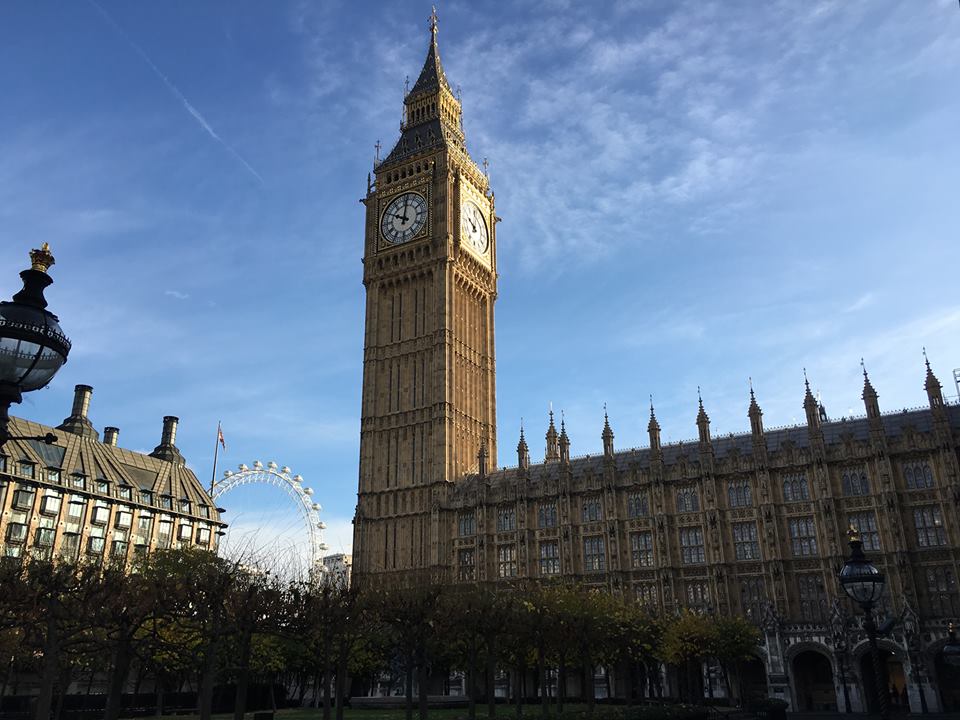This Commonwealth Day We Should Reflect on Britain's Place in the World
Today people from every continent will celebrate Commonwealth Day.
Fortuitously, Commonwealth Day this year falls on the same day that we in the House of Commons are voting on the European Union (Notification of Withdrawal) Bill for, hopefully, the last time.
My position on the EU is well-known and consistent: Our future lies in forging new trading relations with the EU members and re-joining with the world as we leave the European Project.
An important part of making a success of Brexit is rebuilding our atrophied links with fellow Commonwealth countries.
The Commonwealth is an important international union. A global family of over 2.4bn people across more than 50 countries. This relationship of nations has led to a wonderfully interconnected diaspora across every continent with shared values, shared history and a shared future.
There is even a ‘Commonwealth advantage’ effect in trade and commerce: the inter-operability of our law systems means that, ceteris paribus, trade is 19% cheaper between Commonwealth countries.
Peaceful and stable countries make for more robust and resilient trade partners, so the theme this year’s Commonwealth Day has wisely been chosen as peace-building.
An intrinsic component of a peaceful society is a commitment to democratic governance and the rule of law: one of the many shared values of the Commonwealth of Nations. As the Prime Minister’s Trade Envoy to Ghana I witnessed Ghana’s most recent contribution to this tradition of democracy and rule of law this January at the inauguration of President Nana Akufo Addo. Like every other transition of power in the fourth Republic of Ghana this was peaceful and respected by all sides, including the outgoing President John Mahama.
Like many other countries the businesses I have spoken to in Ghana are looking forward to the strong and comprehensive trade partnership that we can build together once Britain has regained control of its trade policy.
But trade is not just about counting Pounds and pence in exports. Globalisation and the soft power of free trade also leads to complex social relationships and diaspora left in its wake. Regaining control of our trade policy is therefore also about Britain finding its place in the world.
I hope that by this time next year, when it will be Britain’s turn to host the rotating Commonwealth Head of Government Meeting (CHOGM) that we will have an even clearer view of Britain’s new place in the world as we leave the EU: a dynamic and open country closely linked to Europe but not anchored to it.
The horizon is broader than Europe, and Britain was made for open seas.
ENDS
1. Adam Afriyie is the Prime Minister’s Trade Envoy to Ghana.
2. He has a strong background in science, technology and innovation.
3. He is currently Chairman of the Fintech APPG, Parliamentary Office of Science and Technology (POST) and President of the Conservative Technology Forum (CTF).
4. He was Shadow Minister for Science from 2007-2010 and has a background in the information services and technology sector.
5. He is Patron of the Parliamentary Space Committee (PSC) and was Chair of the PSC between 2010 and 2015.
